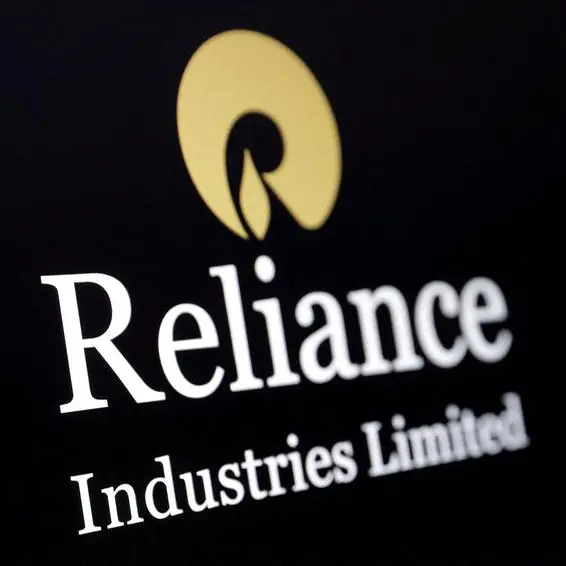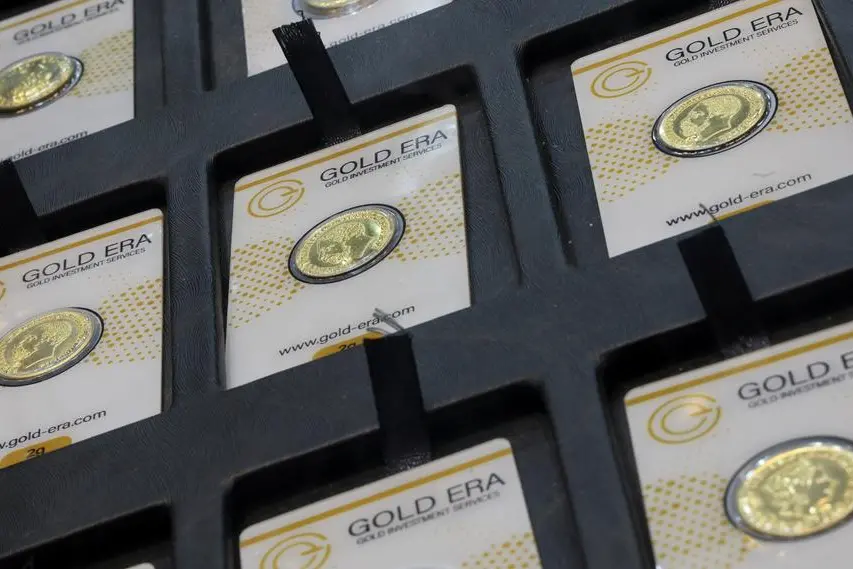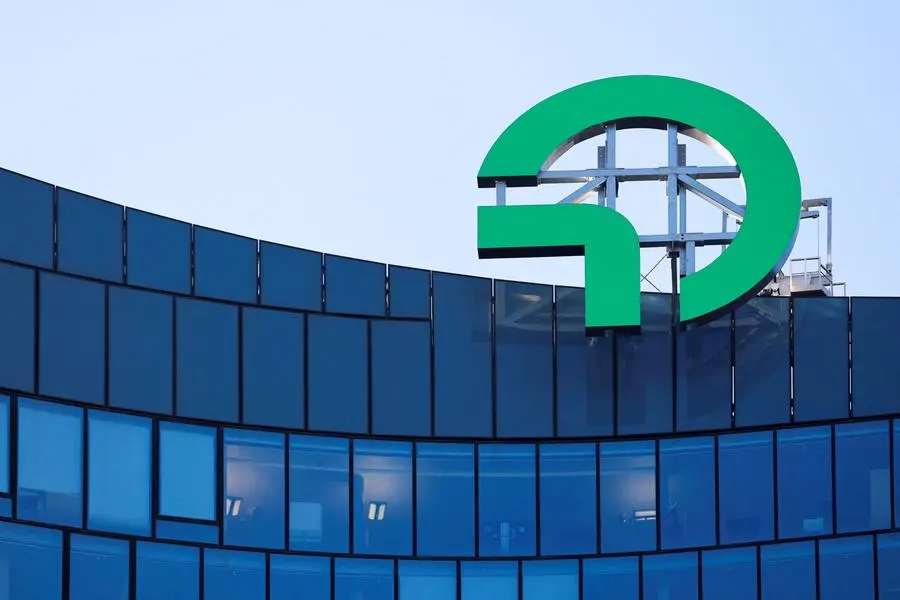PHOTO
Abu Dhabi index closed higher on Friday, supported by an increase in oil prices after the European Union introduced new sanctions against Russia, while the Dubai index declined after investors moved to book profit on last five sessions' gains.
The EU sanctions, aimed at punishing Moscow over its war in Ukraine, include fresh measures targeting the Russian oil and energy industry and lower the G7's price cap for buying Russian crude oil to $47.6 per barrel. Oil prices - a key catalyst for Gulf's financial market - rose 0.75% to reach $70.04 a barrel by 1106 GMT.
Abu Dhabi's benchmark index recorded gains for the fourth session with the index finishing 0.2% higher, led by a 1.7% jump in Emirates Telecom Group, while its biggest lender First Abu Dhabi Bank added 0.5%.
Dubai’s main index meanwhile fell 0.2%, ending a five-day winning streak after reaching its highest level in 17 and a half years during the previous session. Losses were driven by a decline in financial sector stocks as Dubai's top lender Emirates NBD Bank dropped 2.4% after three consecutive session gains, while Commercial Bank of Dubai slumped 3.6%.
However, budget airline Air Arabia rose by 0.8%, continuing its upward trend after Air Arabia Abu Dhabi announced plans to increase its operational capacity by 40% in 2025.
The Dubai index saw profit-taking on Friday, but its sustained rally last week has pushed the index to a key resistance level. Next week's corporate earnings may provide the catalyst needed to break through this barrier, said Ahmed Negm, Head of Market Research MENA at XS.com.
Dubai’s index went up 4.1% and Abu Dhabi’s rose 2% in their fourth week of gains, according to LSEG data. Markets remain steady, supported by positive corporate earnings and stable oil prices, though global developments continue to have an impact on investor confidence, said Ahmed Negm.
- ABU DHABI up 0.2% to 10,262
- DUBAI down 0.2% to 6,094
(Reporting by Mohd Edrees in Bengaluru; Editing by Joe Bavier)





















